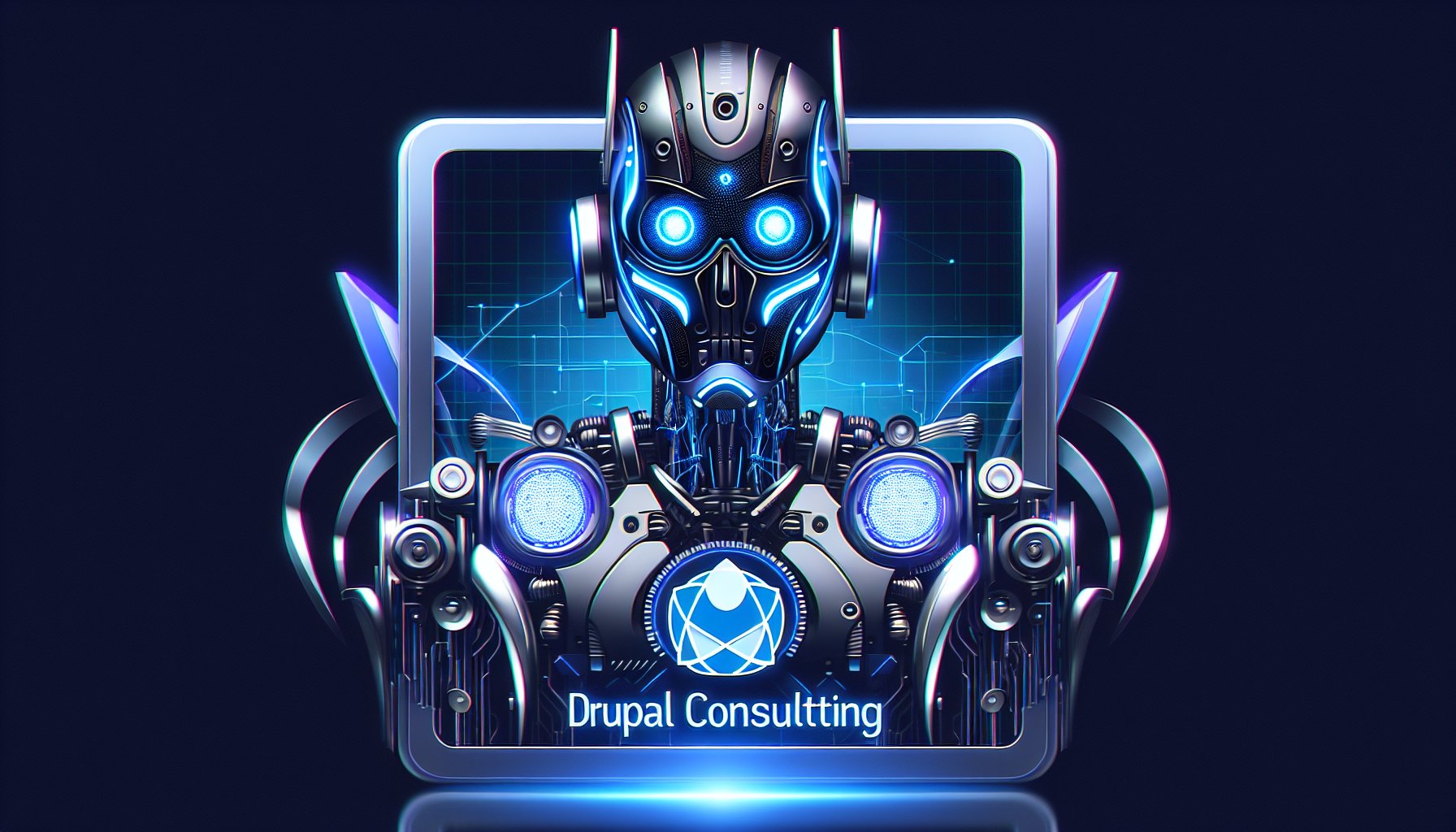Introduction
Drupal, as an open-source content management system (CMS), has always been a powerful tool for building versatile web applications. As we navigate through 2025, it's important to stay updated with the cutting-edge Drupal best practices to maximize efficiency and keep your projects future-proof. In this post, we will delve into the most current and innovative strategies in the Drupal ecosystem.
Embrace Decoupled Drupal
The trend towards decoupled or "headless" CMS is an important shift in the web development landscape. By separating the front-end presentation layer from the back-end data management, decoupled Drupal provides more flexibility, scalability, and future-proofing. Consider exploring this approach for projects requiring a high degree of customization and multiple front-end technologies.
Code Example:
// Drupal setup as a headless CMS.
$settings['bootstrap_config_storage'] = ['Drupal\Core\Config\BootstrapConfigStorageFactory', 'getFileStorage'];
Adopt API-First Development
API-first development is a cornerstone of modern Drupal best practices. It ensures that your Drupal website can communicate seamlessly with third-party applications, services, and systems. This is particularly beneficial for multi-channel publishing and for integrating emerging technologies like IoT devices.
Code Example:
// Use Drupal’s REST API for retrieving a node.
GET /node/{node} HTTP/1.1
Host: your.drupal.site
Content-Type: application/hal+json
Efficiently Manage Configurations
Configuration management is an essential aspect of Drupal projects. It allows developers to effectively track and control changes in a development environment, ensuring consistency and reducing potential errors. Use Drupal's Configuration API to manage your configurations efficiently.
Code Example:
// Import configuration using Drupal's Configuration API.
$config = \Drupal::service('config.factory')->getEditable('my_module.settings');
$config->set('key', 'value')->save();
Automated Testing
Automated testing is a non-negotiable practice in the current Drupal development landscape. It ensures code quality, reduces bugs, and speeds up the development process. Incorporate tools like PHPUnit and Behat for comprehensive testing of your Drupal applications.
Conclusion
Staying updated with the latest Drupal practices is crucial in the fast-paced web development arena. By leveraging decoupled Drupal, adopting an API-first approach, managing configurations efficiently, and embracing automated testing, you can ensure your Drupal projects stand the test of time. The future is exciting, and with Drupal at our fingertips, we are well-equipped to handle whatever comes next.
